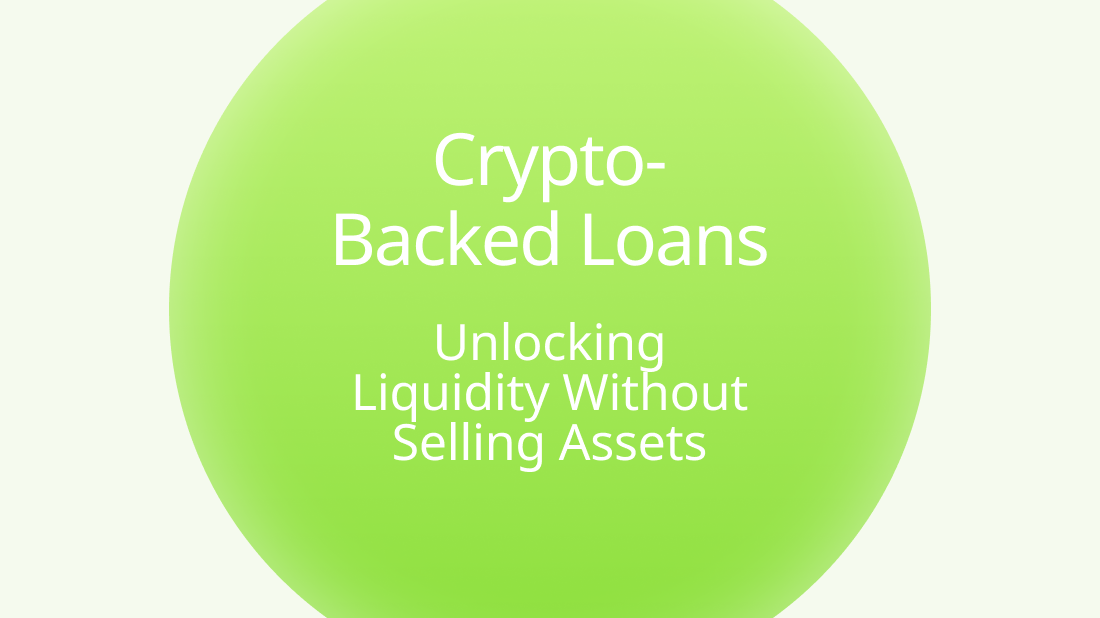The Psychology of Cryptocurrency Trading: Understanding Market Sentiment and Emotions

Cryptocurrency trading is not just about technical analysis and market trends; it also involves navigating the complex landscape of human emotions and psychological biases. Understanding the psychology behind trading can be crucial for making informed decisions and managing risk in the volatile crypto markets. In this article, we delve into the psychological aspects of cryptocurrency trading, exploring common emotions and behaviors that influence market sentiment and provide insights into emotional intelligence for better trading outcomes.
The Role of Emotions in Cryptocurrency Trading
Fear of Missing Out (FOMO):
FOMO refers to the fear of missing out on potential profits when prices are rising rapidly. Traders experiencing FOMO may rush into buying assets at inflated prices, driven by the fear of being left behind.
Impact: FOMO can lead to impulsive decision-making and irrational buying behavior, causing traders to enter positions without proper analysis.
Fear, Uncertainty, and Doubt (FUD):
FUD represents negative sentiments and rumors that spread fear and uncertainty in the market. Traders influenced by FUD may panic sell their holdings, fearing potential losses or adverse market conditions.
Impact: FUD can amplify market volatility and create self-fulfilling prophecies as traders react emotionally to speculative news and misinformation.
Herd Mentality:
Herd mentality occurs when traders follow the crowd without conducting independent analysis. This behavior often leads to exaggerated price movements based on collective sentiment.
Impact: Herd mentality can result in market bubbles and crashes as traders collectively react to perceived trends without considering underlying fundamentals.
Managing Emotions for Better Trading
1. Develop Emotional Intelligence:
- Recognize and understand your emotional triggers when trading cryptocurrencies.
- Practice mindfulness and emotional regulation techniques to avoid impulsive decisions driven by fear or greed.
2. Set Realistic Goals and Risk Management Strategies:
- Define clear investment goals and risk tolerance levels before entering trades.
- Use stop-loss orders and position sizing to mitigate potential losses and manage risk effectively.
3. Stay Informed and Conduct Due Diligence:
- Base trading decisions on fundamental and technical analysis rather than emotional reactions.
- Stay updated with reliable sources of information and avoid falling victim to FOMO or FUD-driven narratives.
4. Practice Patience and Discipline:
- Avoid chasing quick profits and maintain a disciplined approach to trading.
- Be patient and wait for favorable market conditions based on your trading strategy.
Conclusion
The psychology of cryptocurrency trading plays a significant role in shaping market sentiment and influencing investor behavior. By understanding common emotional biases such as FOMO, FUD, and herd mentality, traders can develop emotional intelligence and make more informed decisions. Practicing mindfulness, setting realistic goals, and staying disciplined are essential strategies for managing emotions and achieving success in the dynamic world of cryptocurrency trading. Remember, successful trading is not just about technical skills; it also requires mastering the psychological aspects of the market to navigate uncertainty and volatility effectively.












